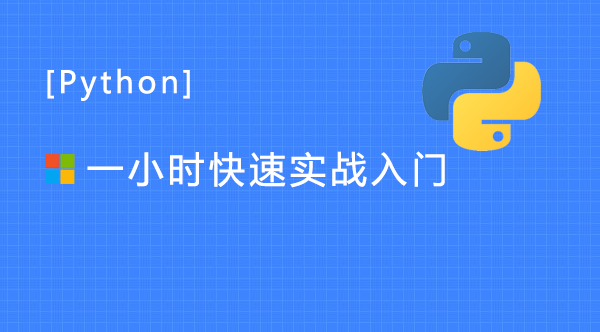
python判断是哪一天的
方法1:先判断是否是闰年,然后再利用求和,得出某一天是第几天
# 方法1:low版
def func1(year, month, day):
# 分别创建平年,闰年的月份天数列表(注意列表下标从0开始,而月份是从1月开始,所以1月份对应的下标是0)
leap_year = [31, 29, 31, 30, 31, 30, 31, 31, 30, 31, 30, 31] # 闰年
no_leap_year = [31, 28, 31, 30, 31, 30, 31, 31, 30, 31, 30, 31]
# 判断是否是闰年
if (year % 4 == 0 and year % 100 != 0) or year % 400 == 0:
# 对列表进行切片处理,获取该月份及之前的所有月份,并对月份天数求和,最后再加上该月份的某一日,即可获得该日期是一年中的第几天
result = sum(leap_year[:month - 1]) + day
return result
else:
result = sum(no_leap_year[:month - 1]) + day
return result
print(func1(2019, 6, 20)) # 171方法2:使用datetime模块
# 方法2 datetime模块
import datetime
def func2(y, m, d):
sday = datetime.date(y, m, d)
# print(type(sday), sday) # <class 'datetime.date'> 2019-06-20
# print(sday.month) # 6
count = sday - datetime.date(sday.year - 1, 12, 31) # 减去上一年最后一天
# 2017-12-31
print(count, type(count)) # 171 days, 0:00:00 <class 'datetime.timedelta'>
return '%s是%s年的第%s天' % (sday, y, count.days)
print(func2(2019, 6, 20)) # 171方法3:使用内置函数strftime
strftime是一种计算机函数,根据区域设置格式化本地时间/日期,函数的功能将时间格式化,或者说格式化一个时间字符串。
# 方法3
import datetime
def func3(year, month, day):
date = datetime.date(year, month, day)
return date.strftime('%j') # %j十进制表示的每年的第几天
print(func3(2019, 6, 20)) # 171更多Python知识请关注Python视频教程栏目。









